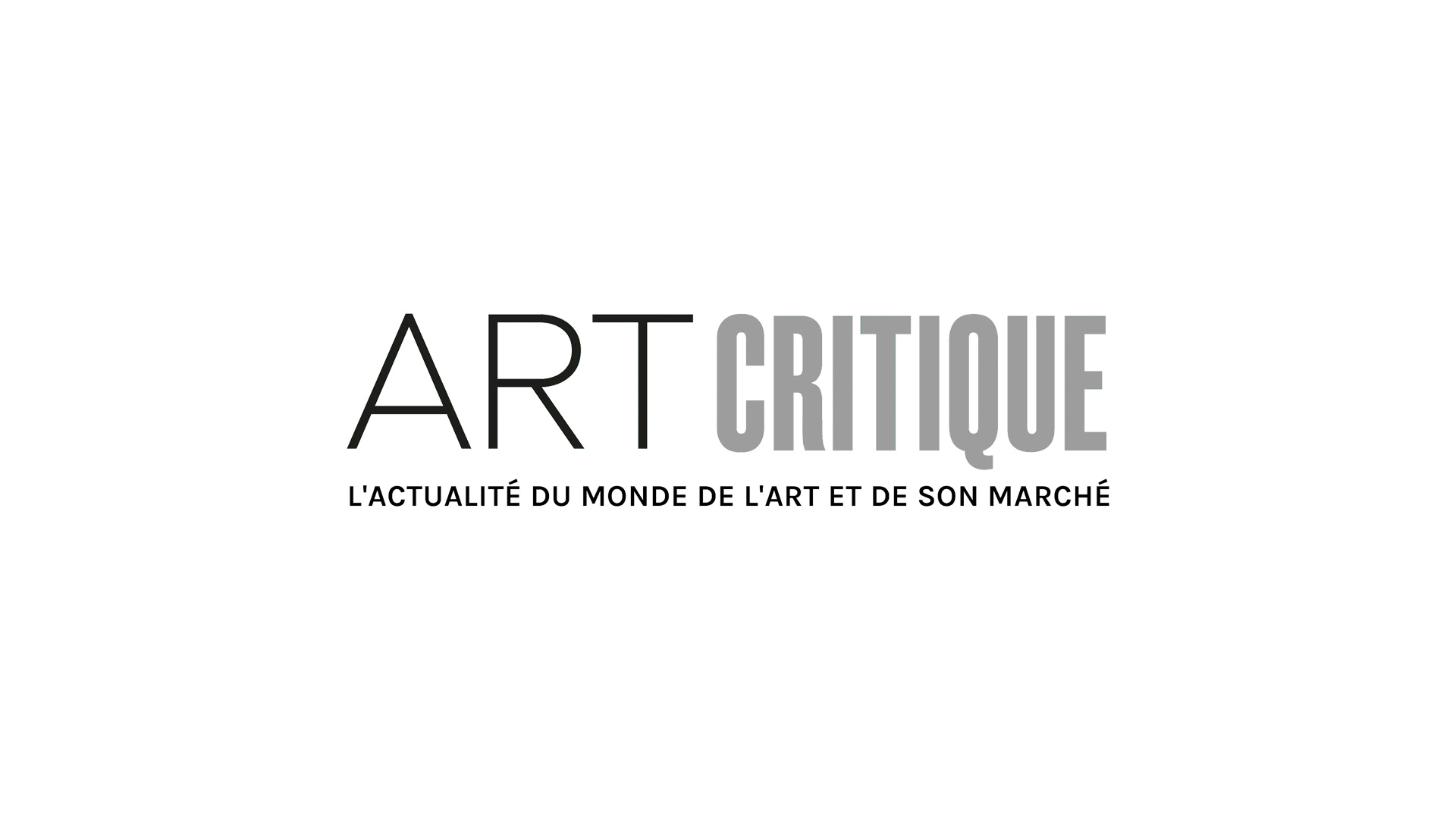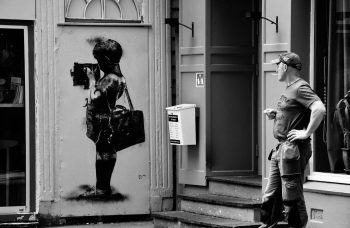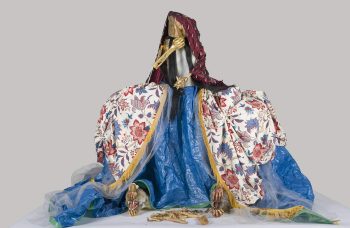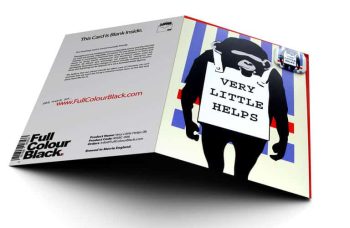Recently, ten women artists were announced as the recipients of the 2019 Anonymous Was a Woman (AWAW) art award. Offering recipients a $25,000 unrestricted grant, the AWAW award recognizes women artists over 40 years of age who ‘have made significant contributions in their field to date.’ This year, AWAW chose Elia Alba (57), Marsha Cottrell (55), Torkwase Dyson (46), Heide Fasnacht (68), Nona Faustine (50), Rhodessa Jones (70), Jennifer Wen Ma (46), Amie Siegel (45), Diane Simpson (84), and Karina Aguilera Skvirsky (52) as this year’s cohort of winning artists.
The award is named after a line from Virginia Woolf’s A Room of One’s Own and seeks to propel the career of women artists who have come to a significant junction in their career. The name of the award is also a nod to how some women artists have resorted to signing their works ‘Anonymous’ to give themselves a better shot of breaking into a male-dominated art world. Often, winners of the award have gone onto feature in solo exhibitions in prominent museums around the works and create works integral to their career. Since the award was created in 1996, 240 women have been recognized and the organization has given more than $6 million in prizes. The award is not need-based but based on nominations and those who are selected are not restricted to any one form of art.
Nominations are received from fellow artists, art historians, curators, previous AWAW winners, and writers. Over the years, more than 600 women have acted as nominators and they have collectively put forth an impressive body of women to be considered for the award. Until recently, those involved in the process have been anonymous, just as the same of the award implies. That, however, changed last year when artist Susan Unterberg stepped out of the shadows.
In July of last year, Unterberg broke her anonymity in relation to AWAW in a New York Times interview. She disclosed that she originally founded AWAW when the US National Endowment for the Arts stopped funding individual artists. Unterberg began the foundation but kept her involvement a secret to give the award a better, more-level scope. In the end, she chose to break her silence in 2018 to better advocate for women artists. Since then, the response to the award, the foundation, and Unterberg has been overwhelming. This year’s pool of nominees grew significantly in light of Unterberg’s news. The foundation has also begun an initiative to further work with and celebrate past AWAW winners.
‘I founded Anonymous Was a Woman to fill a void that I witnessed personally: support for women artists in the middle stages of their careers,’ said Unterberg of the AWAW award in a press release. ‘More than twenty years later, we continue to see data that reveals the delta between how both museums and the market regard male and female artists—which only galvanizes our mission and our commitment to celebrating the voices of women.’
‘I am delighted,’ Unterberg continued, ‘to congratulate this year’s award recipients—a group of extraordinary artists working in diverse mediums and exploring some of the most pressing issues of contemporary life.’





